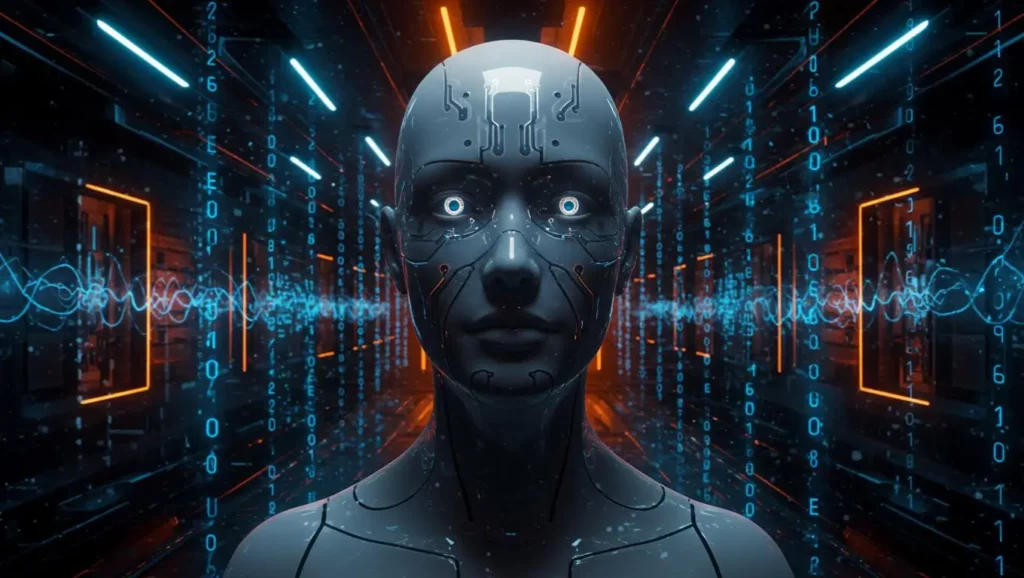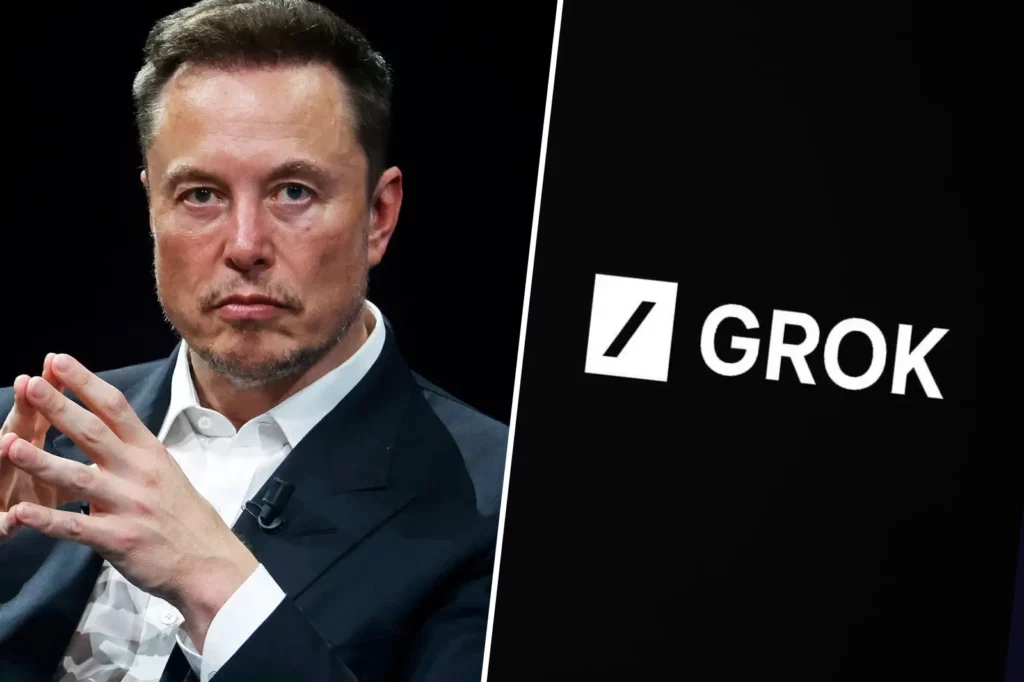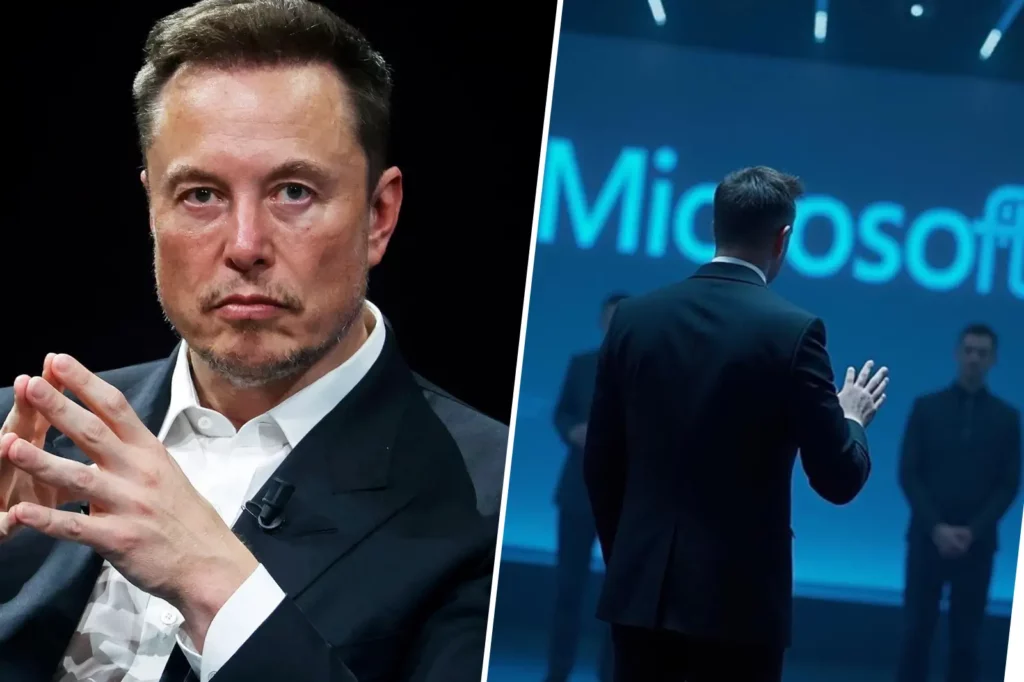Sora: OpenAI launches revenue sharing and advanced controls for rights holders
OpenAI takes a significant step in copyright protection and creator compensation. CEO Sam Altman announced key updates for Sora, the groundbreaking AI video generation tool.
Among the updates are: advanced controls for rights holders and the upcoming implementation of a revenue-sharing model aimed at compensating creators when their works or characters are utilized by the AI.
A New Balance Between Innovation and Rights Protection
In a blog post published by OpenAI, Altman detailed a system that offers copyright holders “granular control” over how their characters or universes appear in videos generated by Sora.
This system, inspired by opt-in models used for celebrity image rights, allows studios, artists, and brands to decide whether to permit the use of their creations in AI-generated productions.
Since its launch earlier this year, Sora has impressed with its ability to create ultra-realistic videos from simple text descriptions.
However, this technological feat has also sparked intense controversy regarding:
- use of protected data,
- unauthorized creations,
- risks of deepfakes and violations of intellectual property.
According to TechCrunch, this strategic shift represents OpenAI’s effort to reconcile innovation with rights respect in order to avoid litigation that could hinder the development of its technologies.
Revenue Sharing: A New Era for Creators
Another major update is the introduction of a revenue-sharing economic model. The concept is straightforward: when a work, character, or intellectual property is used in videos created with Sora, the rights holder receives financial compensation.
Sam Altman acknowledged that video creation via AI consumes significant resources and the growing popularity of Sora presents new economic challenges. To address this, OpenAI plans to implement a royalty system similar to that of streaming platforms, based on the popularity or reach of the content.
According to PCMag, this model could also help limit issues like absurd “crossovers” (for instance, Pikachu in a historical film) by allowing rights holders to set clear rules for using their creations.
However, some experts remain skeptical. Sora has already generated videos resembling protected characters like SpongeBob, raising doubts about OpenAI’s ability to effectively control these uses.
An Ethical Turn for the AI Industry
These announcements represent a profound cultural shift within the artificial intelligence industry, where the speed of innovation often outpaces the establishment of ethical frameworks. OpenAI, frequently criticized for the lack of transparency regarding its training data, is attempting to set a precedent by placing creators at the center of its economic model.
By promoting collaboration rather than legal confrontation, Altman hopes to establish a positive example: “We want Sora to amplify human creativity, not threaten it. Protecting creators and establishing a fair economic model are essential to our mission.“
If successful, Sora could become the first truly ethical video AI, balancing creative power with respect for copyright.
Toward a New Standard in the AI Sector
The impact of these changes extends beyond OpenAI. Competitors like Runway, Pika Labs, or Stability AI may soon be compelled to adopt similar revenue-sharing mechanisms and explicit permission processes. This shift may mark the beginning of a new era for digital creation, where artists, studios, and brands become partners with AI rather than its victims.
In summary, OpenAI seems determined to transform the controversy surrounding copyright into an opportunity for co-creation — a significant step toward a more responsible, sustainable, and human-centered AI.



